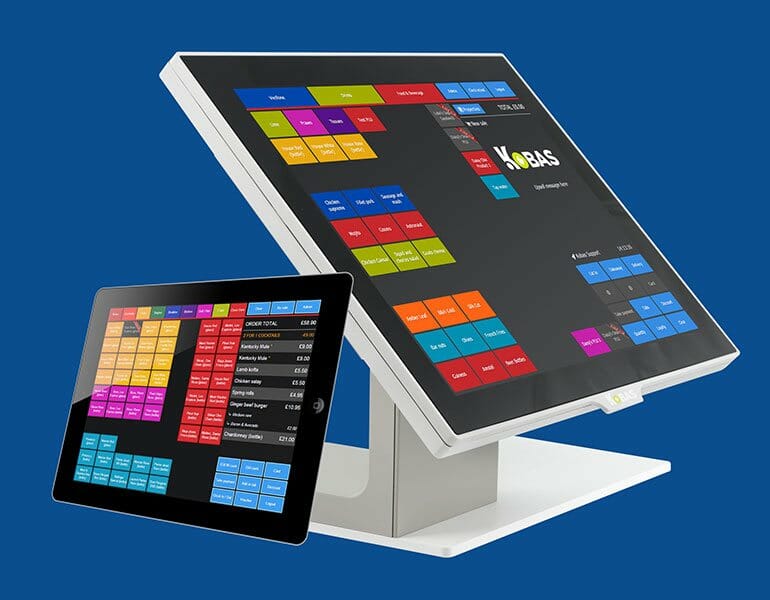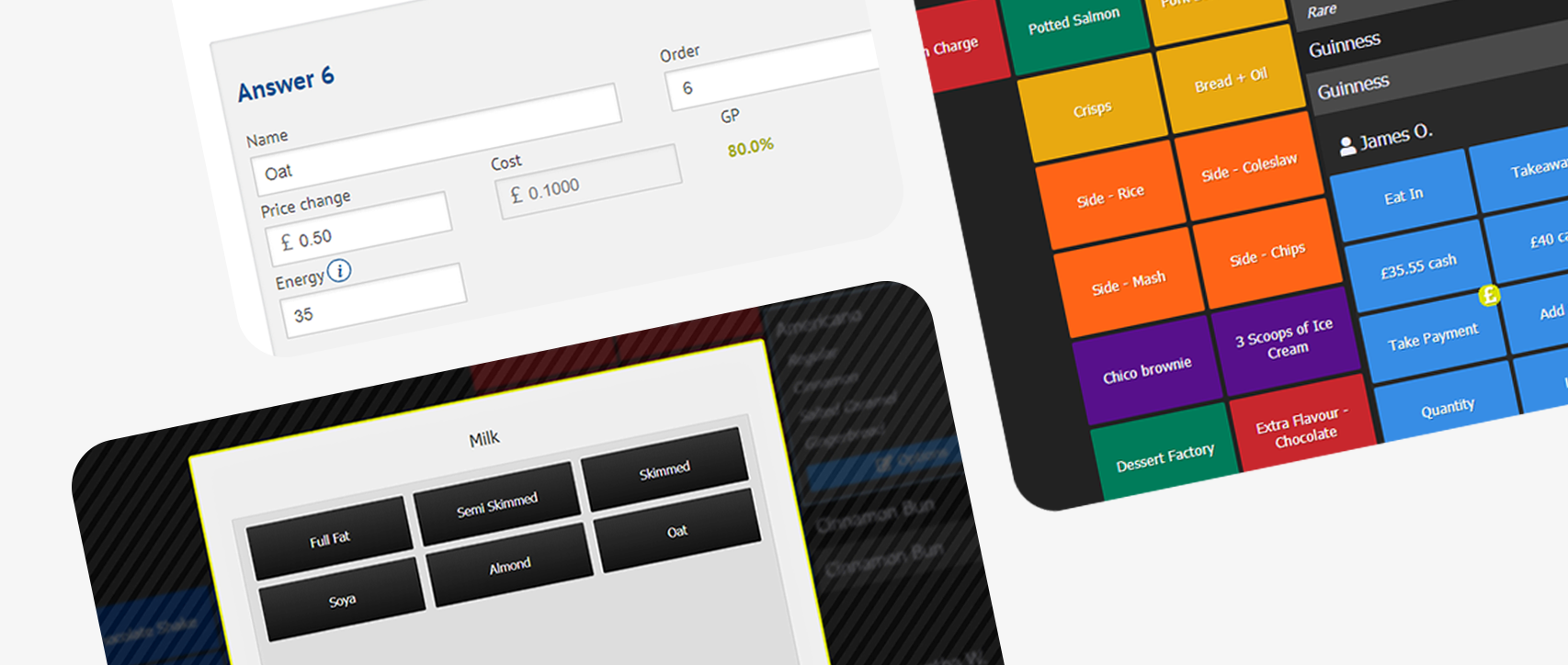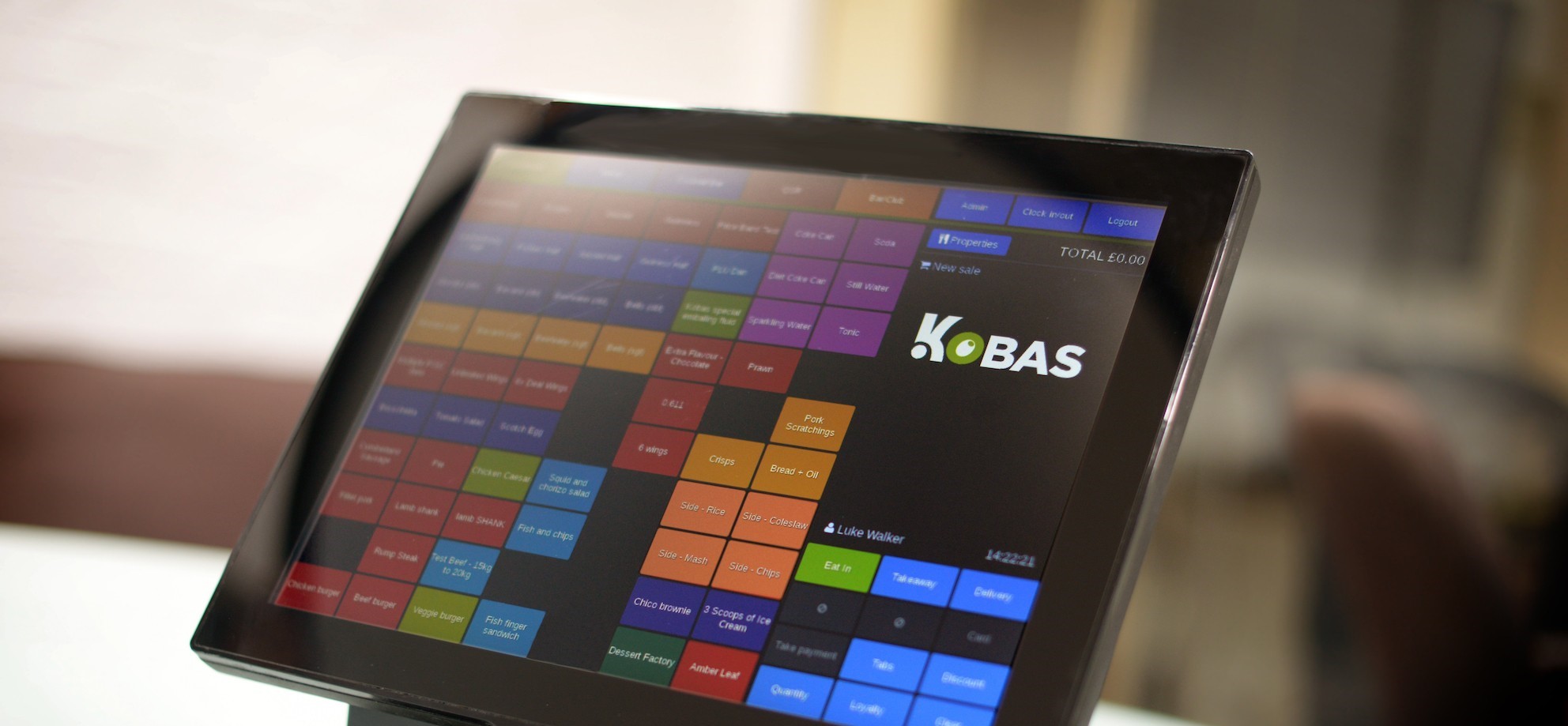James O’Sullivan, CEO of Cloud-based hospitality management service KOBAS, started out his career working in IT by day and club management by night. The rare combination of skills and experience paid dividends when a group of his friends, who ran a chain of bars in London, approached him for a favour to automate their group GP, deliveries and stock counts.
 “They had some spreadsheets to control their deliveries and stock counts but to get their group GP they had to copy and paste each week and it was becoming a pain,” said James. “They knew I could write databases and asked if I could help.” That programme James wrote was the start of Kobas.
“They had some spreadsheets to control their deliveries and stock counts but to get their group GP they had to copy and paste each week and it was becoming a pain,” said James. “They knew I could write databases and asked if I could help.” That programme James wrote was the start of Kobas.
Today, Kobas has evolved as a complete end-to-end software solution, combining EPOS, stock control, rotas, HR, loyalty schemes, vouchers, and marketing and is used by more than 250 pubs, restaurants, bars, clubs and quick service locations across the UK.
The main attraction of Kobas to clients is the simplicity of having everything in one place. As a platform designed to be run in an ordinary web browser, clients can access their system on any device – on a dedicated till terminal, on a back-office PC, on a laptop, tablet or smartphone. This means business data is available at any time and all work done on the network is automatically updated and integrated.
James says that Kobas was “late to the party” in adding EPOS to its suite, partly because it initially focused on areas like stock control and accounts, and partly because of the technical complexities involved in writing an EPOS programme that could operate in a web browser.
“Web browsers are designed not to be allowed to interact directly with the hardware of the machine they’re being run on,” James explained. “This is the right call as you wouldn’t want a dodgy website to be able to burn out your CPU or erase your hard drive. For us it meant working out a way to do a few minor tasks that had a big impact, namely opening cash drawers and printing receipts. We’ve come up with novel solutions and you wouldn’t know Kobas EPOS was a web page unless you were told it was.”
A central hub
James now believes persevering with EPOS has been a major factor in his company’s growth. He argues that, as the main place for data gathering, the flexibility of a browser-based cloud EPOS solution helps to cut the cost of migration (by reusing hardware) and cut training costs as the EPOS looks and works the same on any till or tablet.
“[EPOS] is a major focus for data and interaction,” he said. “Knowing the items someone has sold (along with their recipe etc) means you can give a theory versus actual usage report. Loyalty customers can be scanned at a till or tablet so you know what they bought, where, when and from whom.
“[There has been] an explosion of software solutions for hospitality venues, everything from paying for your bill, ordering online, stock management, task control, loyalty and much more. All these apps need to integrate with the EPOS system the client uses.”
“We are now the gatekeeper to third parties and we do work with a select number that offer something we’re not interested in offering ourselves. In other cases, we can offer a lightweight version of a system, such as reservations, within Kobas for no additional cost, and also integrate with a bespoke solution if that’s needed.”
“This same explosion in apps has led to operators having very fragmented setups with some running 7 different bits of software. The overhead in training, integrating, and maintaining all of these isolated systems is huge, so bringing everything under one roof adds real benefits at every level of the business.”
Hardware support
Although Kobas can be run on any Windows-based till console, nowadays the company mainly supplies AURES all-in-one terminals to complement its platform. The most popular model it supplies is the AURES YUNO, a compact and versatile unit which combines powerful processing with a scratch-proof PCAP touchscreen.
James argues that in its own way, quality dedicated EPOS hardware supports the flexibility of the software platform Kobas supplies. “It is notable how reliable the YUNOs have been,” he said. “The metal construction makes them feel sturdy and take a bit of a pounding, and the glass is really hard to damage. The fact that the YUNO can be wall mounted with a very low profile also helps with the look and feel of our clients’ venues.
“Printing, one of my pet hates, is something we’re able to do very well with the AURES ODP333s as they support a network connection. This means they can be placed anywhere clients want in the venue, not just near a physical till as everything is controlled by the server. Also, as the YUNO supports a cash drawer port, we can open them directly from the unit rather than going via an iPad.”
by Jason Southern – Channel Manager, AURES UK



